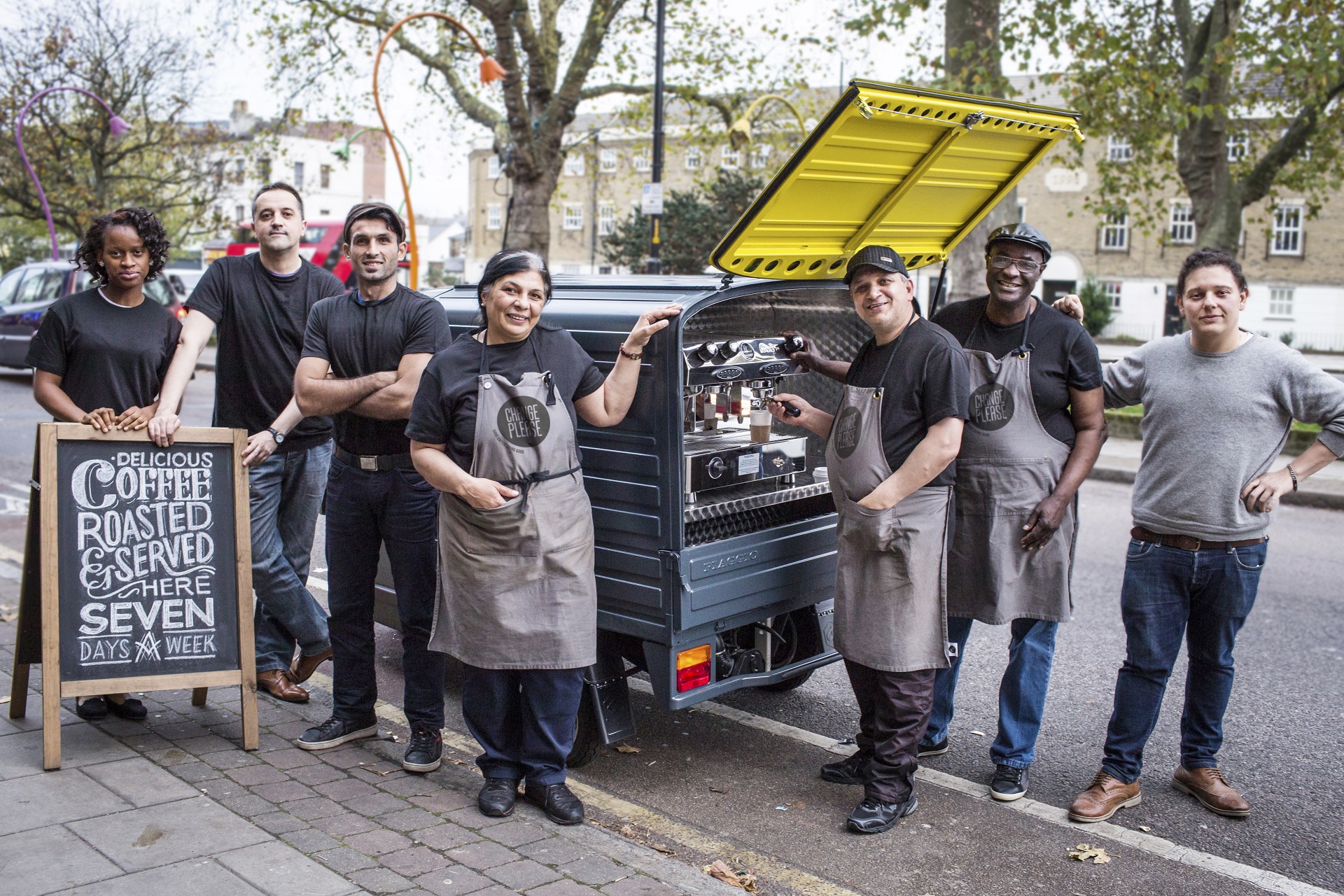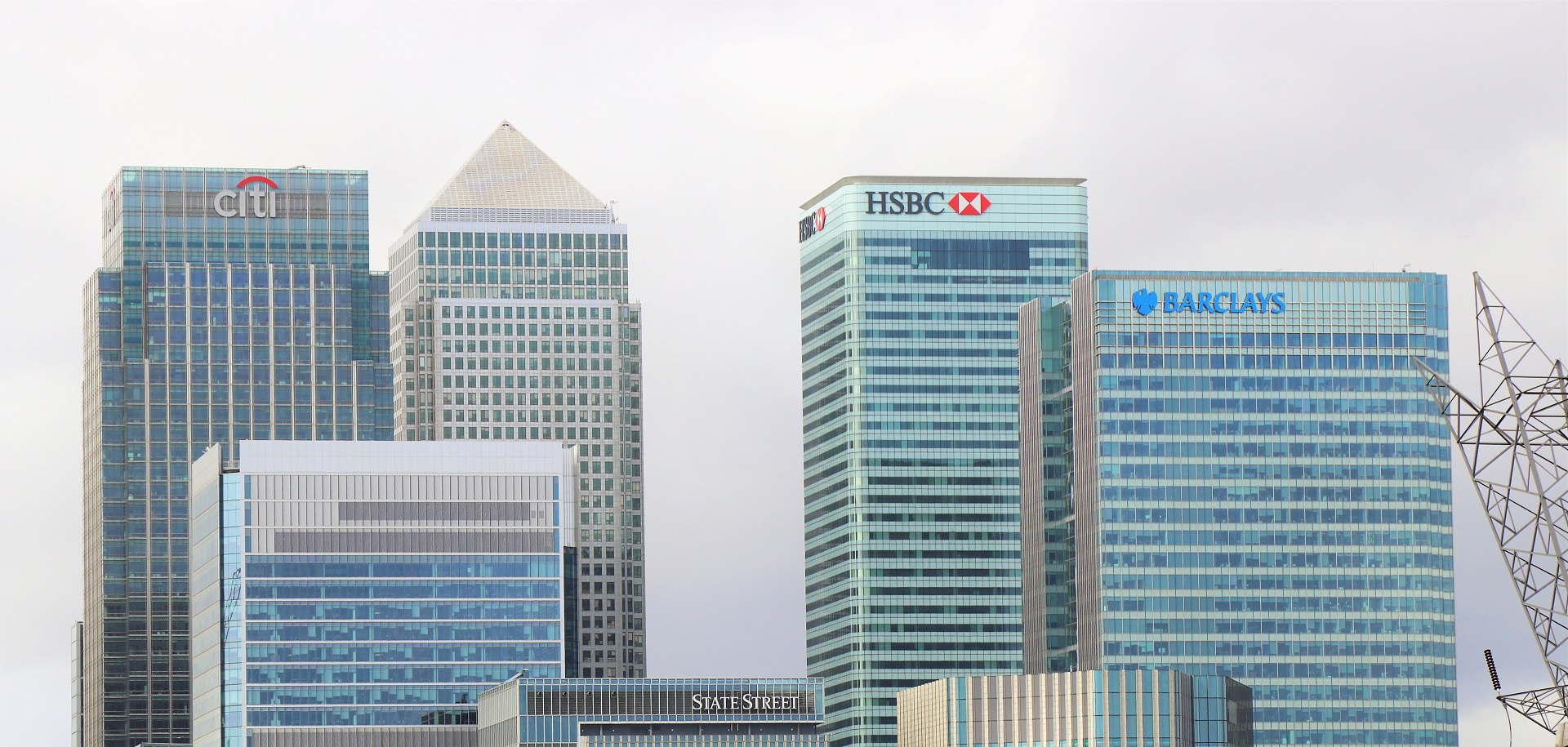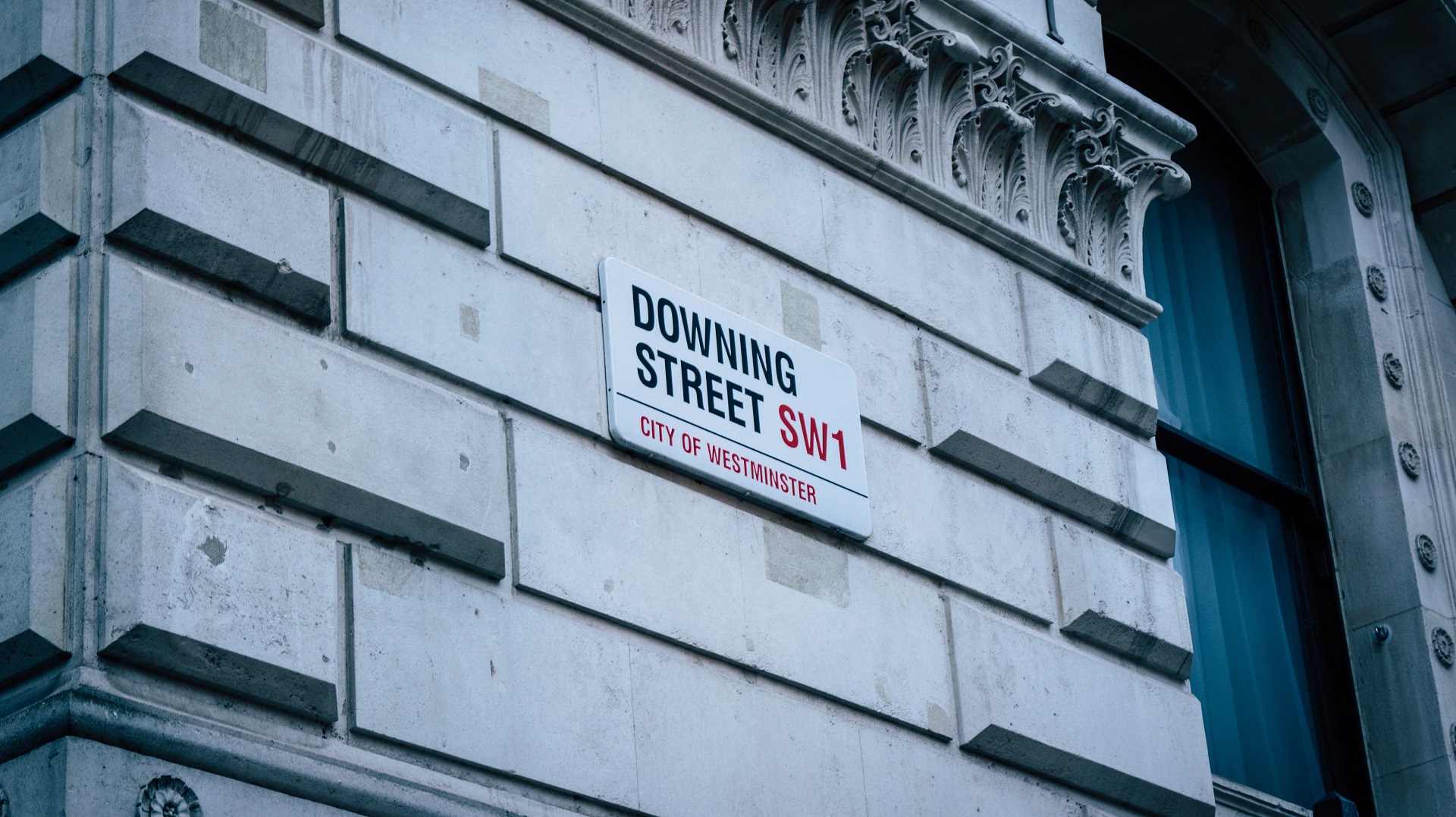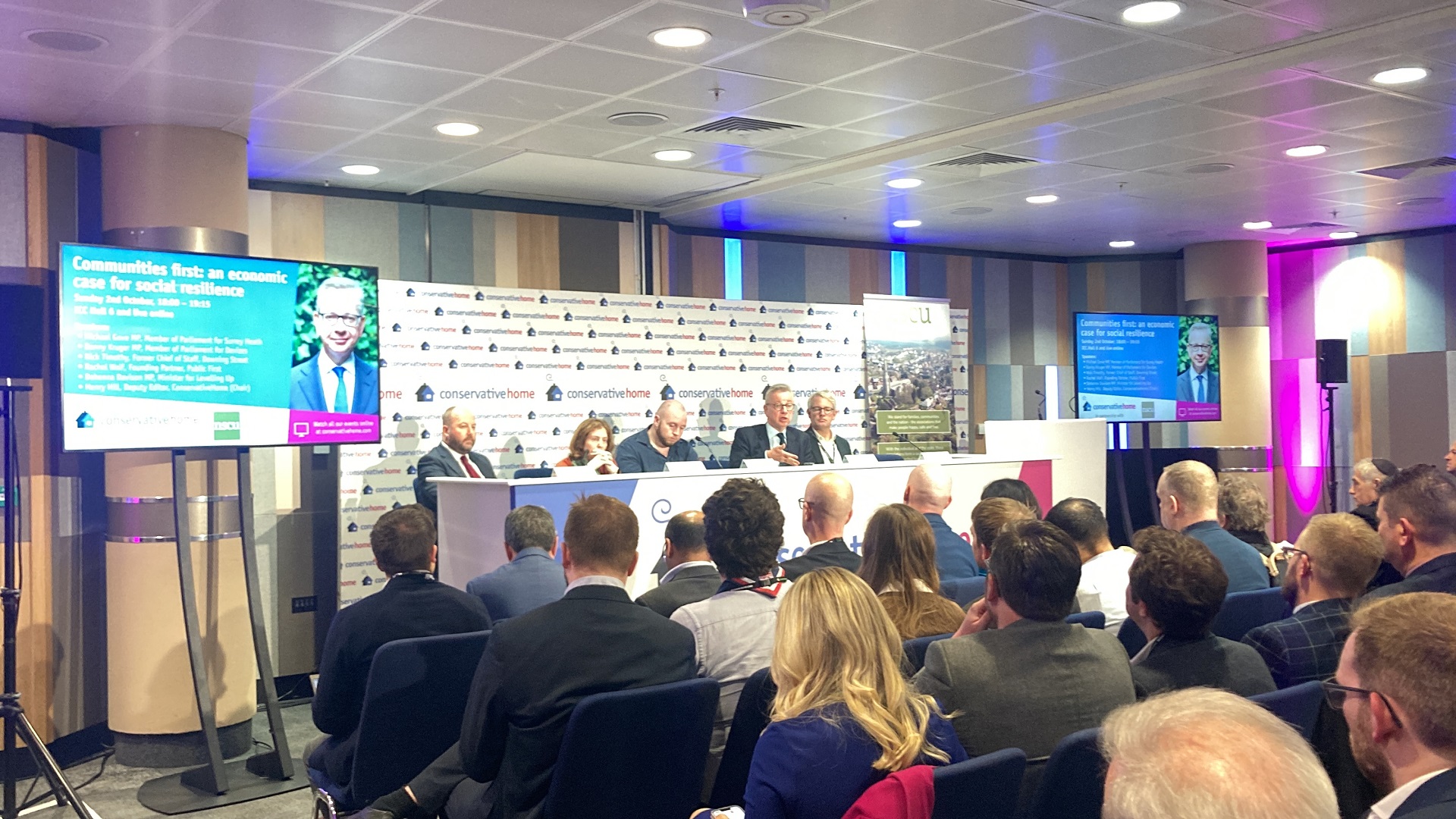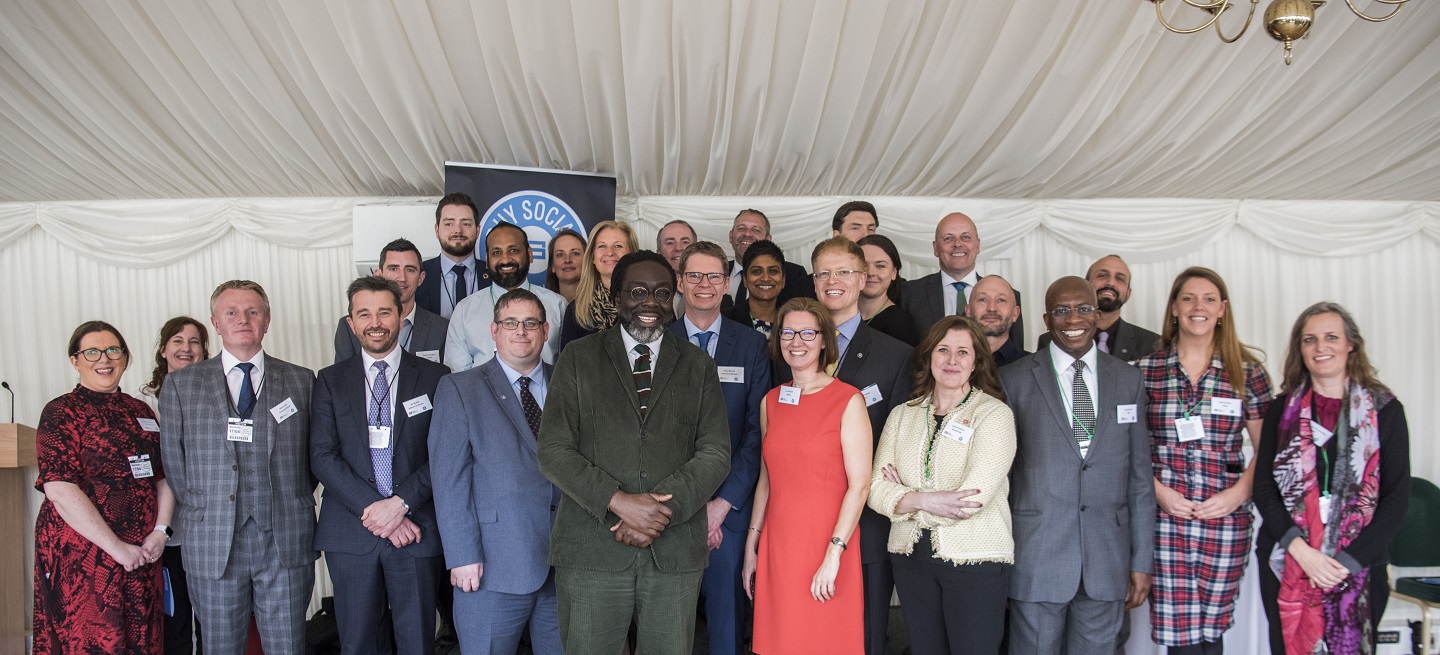
News
Introducing the Social Enterprise Knowledge Centre
Social Enterprise UK has today launched the Social Enterprise Knowledge Centre – which aims to be a world-class source of evidence and insights on social enterprise. For more than a decade, our data and evidence has been the foundation of much of the research on social enterprise in the UK. Information collected by us on social enterprise activity drives understanding, awareness and progress. It informs public policy, from the creation of Better Society Capital (formerly Big Society Capital) and Access – The Foundation for Social Investment, to the Social Value Act and the development of public service mutuals, as well as the recent Adebowale Commission on Social Investment. The new Knowledge Centre brings together evidence compiled by us with wider sources of data, to make the UK’s most comprehensive source of information about social enterprise. It houses qualitative and quantitative information and will produce evidence for a range of audiences exploring key thematic areas of interest for social enterprises and their support ecosystem. Working in partnership with social investors, foundations, government, support organisations, academia and social enterprises, the Knowledge Centre will produce a wide range of reports and insight to promote understanding and inform positive change. Click here to visit the knowledge centre The Knowledge Centre is the home of our State of Social Enterprise Reports – our flagship piece of research looking in depth at the UK social enterprise community. Published every two years the report highlights key trends in the social enterprise sector. It also houses our quarterly Barometer reports which give a snapshot of social enterprise performance as well as how specific economic and political developments are affecting social enterprises. The Social Enterprise Knowledge Centre is supported by Access – The Foundation for Social Investment. Social Investment Business and Better Society Capital.
2 min

